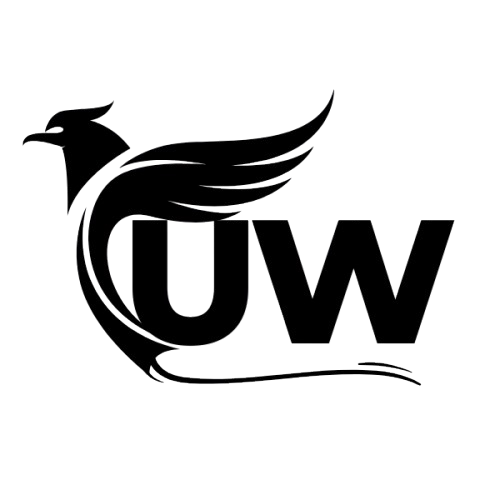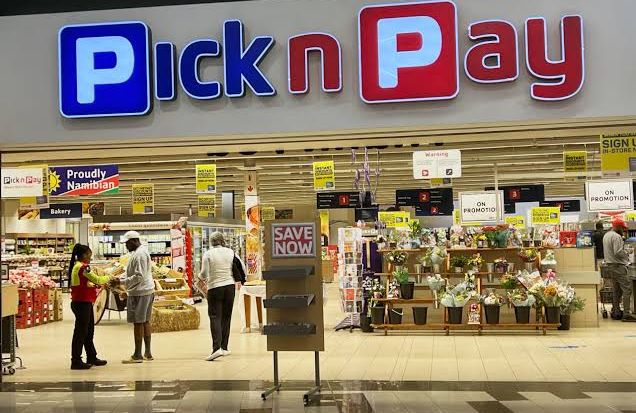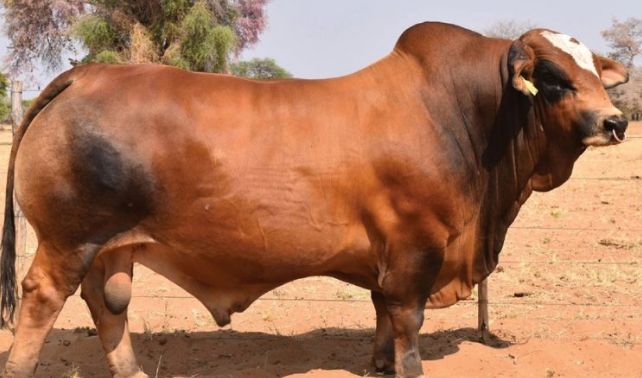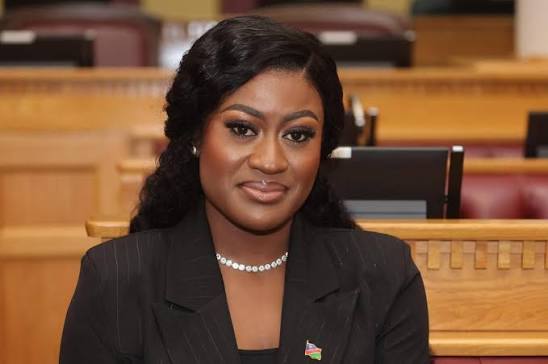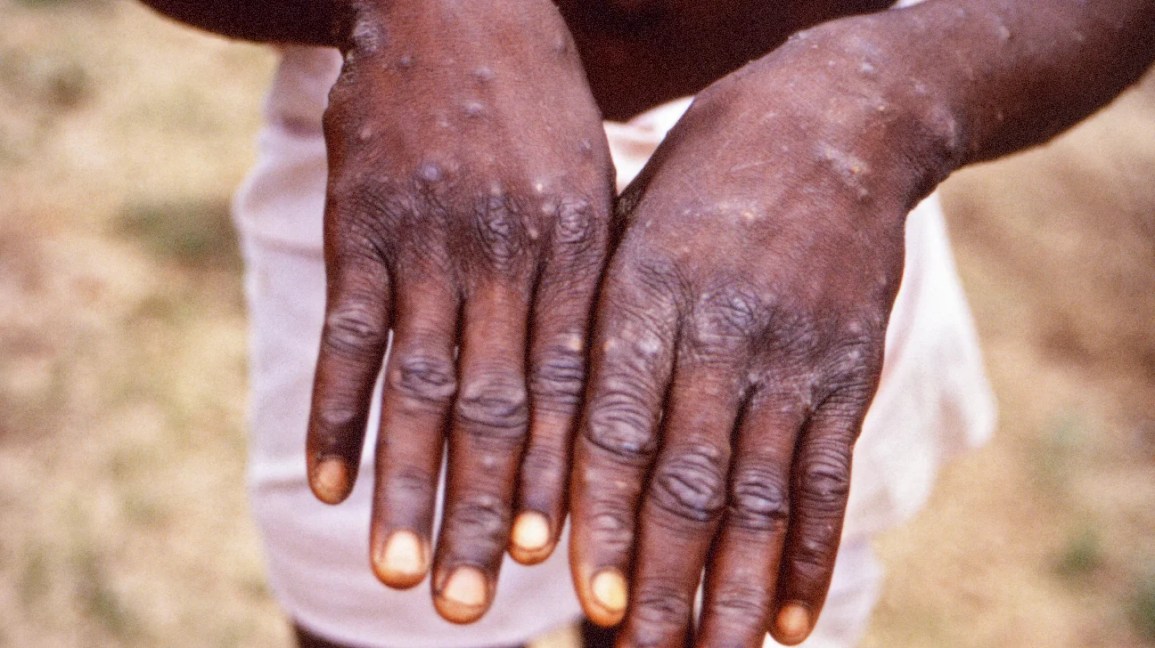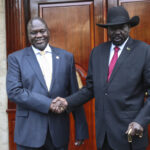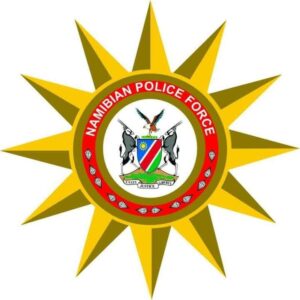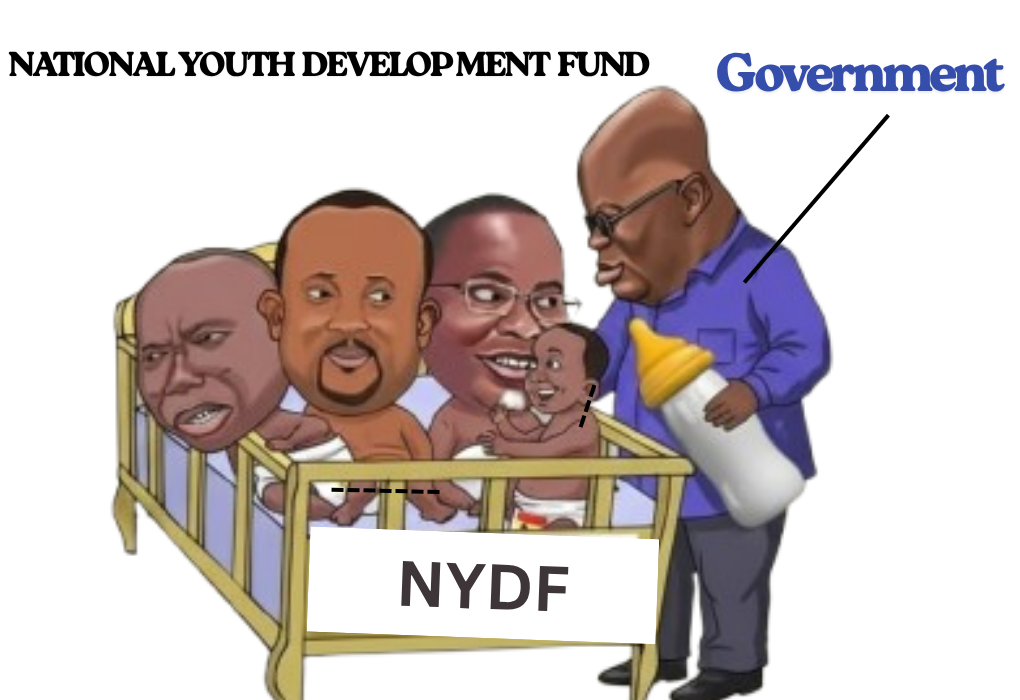
Concerns are growing among young Namibians that the National Youth Development Fund (NYDF) is drifting away from its original mission, following several rapid changes to eligibility criteria since its launch.
The fund, introduced earlier this year to support youth-owned enterprises, initially targeted formally registered businesses operated by individuals aged 18 to 35. However, after the pilot phase, which saw 42 beneficiaries approved, the criteria began shifting, raising questions about planning and fairness.
Public scrutiny intensified when it emerged that some beneficiaries allegedly did not meet the original requirements. AR president and parliamentarian Job Amupanda questioned in Parliament how individuals without registered businesses qualified, contradicting the fund’s first set of criteria.
Instead of addressing those concerns transparently, government later expanded the age limit from 35 to 45. The decision has sparked debate on whether the programme still strictly focuses on youth development. Critics argue that increasing the age cap weakens the purpose of the initiative, asking what meaningful difference exists between a 45-year-old and a 50-year-old entrepreneur in the Namibian context.
The latest amendment, announced on Friday, now allows applicants without Business and Intellectual Property Authority (BIPA) registration to apply, with business registration only required after project approval. The Ministry of Finance and Public Enterprises says the change promotes inclusivity and supports emerging entrepreneurs.
However, some youth feel these changes may disadvantage them rather than help. They argue that a 45-year-old with years of business experience will naturally compete more strongly than an 18-year-old with no business track record or resources. Others note that many promising entrepreneurs aged 50 and above also remain excluded despite strong business ideas.
Observers say youth may now struggle to benefit from the fund, and there are growing fears that the revised guidelines could favour already-privileged applicants rather than those in genuine need of empowerment. Critics also argue that requiring business registration only after approval may reduce accountability and commitment to business ideas.
The fund will be facilitated by the Development Bank of Namibia (DBN), Agribank, and the Environmental Investment Fund (EIF), with applications opening on 1 December. During the pilot phase, 11,475 applications were submitted between 1 August and 4 September, with N$14.78 million approved for the first 42 projects. Government has allocated N$500 million to the fund, with N$257 million earmarked for the 2025/26 financial year to support youth businesses, start-ups, apprenticeships, and graduate internships.
Despite the investment, many young entrepreneurs remain sceptical. They say the constant policy revisions indicate poor planning and warn that the fund risks serving select groups rather than fulfilling its original youth-focused mandate.

